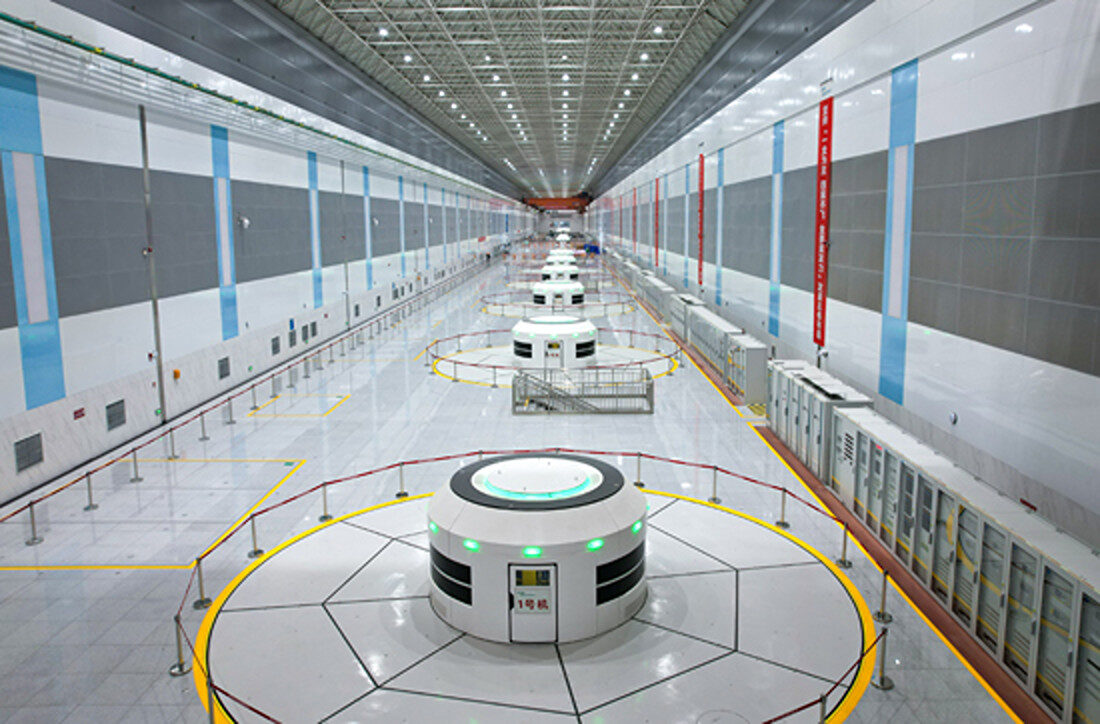Wood Mackenzie says that global capacity for hydrogen project announcements hit 71.4 million tons per annum (Mtpa) in 2022. “Despite a record 12 Mtpa of project capacity announcements in the first quarter of 2022, the global hydrogen pipeline slowed through the year, with only 1 Mtpa of new projects announced in Q4 – falling short of total capacity announcements in 2021 by 3 Mtpa,” said Wood Mackenzie. It said a record 45 GW of renewable hydrogen electrolyzers were announced in the fourth quarter.
ETH Zurich researchers have found that large-scale, hydrogen-based heating is not a financially viable option in the European Union. “Green hydrogen was shown to be uneconomical due to a large amount of renewable energy infrastructure required,” the team said in “Planetary boundaries assessment of deep decarbonisation options for building heating in the European Union,” which was recently published in Energy Conversion and Management. “The cost driver for hydrogen was generally high-end user costs for local hydrogen storage.” They said the building heating sector can be made sustainable by expanding renewable electricity, combined with heat pumps.
IHI has signed a deal with ACME to study the feasibility of producing and using green ammonia from renewable energy. Japan-based IHI said it will consider green ammonia production projects in Oman, India, the United States, and Egypt, as well as the use of ammonia for decarbonized power generation in Asia and other parts of the world.
TES and Energie 360° have announced a plan to use existing global energy infrastructure to supply customers with renewable synthetic methane (eNG), which is produced by combining green hydrogen and CO2. “TES wants to supply Energie 360° with eNG produced in regions that have large amounts of renewable energy,” said the two companies. “In return, Energie 360° wants to supply renewable CO2, for example from its own energy plants.”
Hyliko has revealed plans to integrate Toyota's second-generation hydrogen fuel cell modules into heavy-duty trucks for their zero-emission fleet offering. The French startup said it plans to offer all of the main components of an eco-cluster: a fuel cell truck, the supply of green hydrogen, and a leasing and maintenance scheme.
This content is protected by copyright and may not be reused. If you want to cooperate with us and would like to reuse some of our content, please contact: editors@pv-magazine.com.



“In return, Energie 360° wants to supply renewable CO2, for example from its own energy plants.”
Is that a misprint or just a new level of greenwashing?
I cannot understand the logics of making e-methane from methane and other fossil fuels combined with renewables. It just binds urgently needed resources and emits exact the same amount of pollutants (or more, see ‘This ‘climate-friendly’ fuel comes with an astronomical cancer risk’)
To my perception, no one outside the UK has even considered local heating with hydrogen.
At best, the waste heat from a decentralized block power plant operated with hydrogen can be used for heating via a district heating network.
Our entire neighborhood has had heat pump heating for about 30 years. The only energy supply (and discharge) to the house is electrical. The total energy costs (without a car) for a family house with 4 residents are less than 2’000.- (CHF ~= $, €) per year.